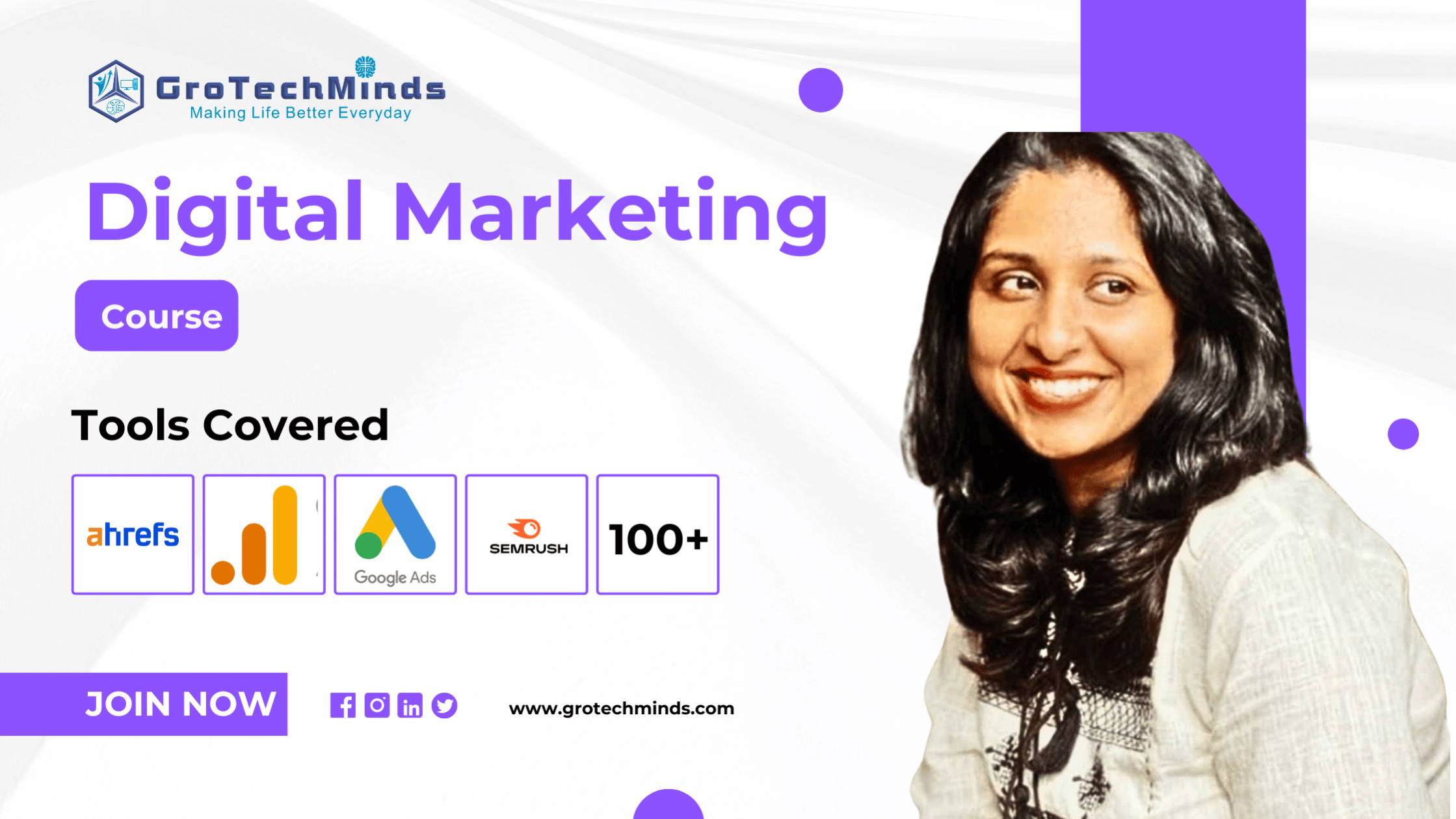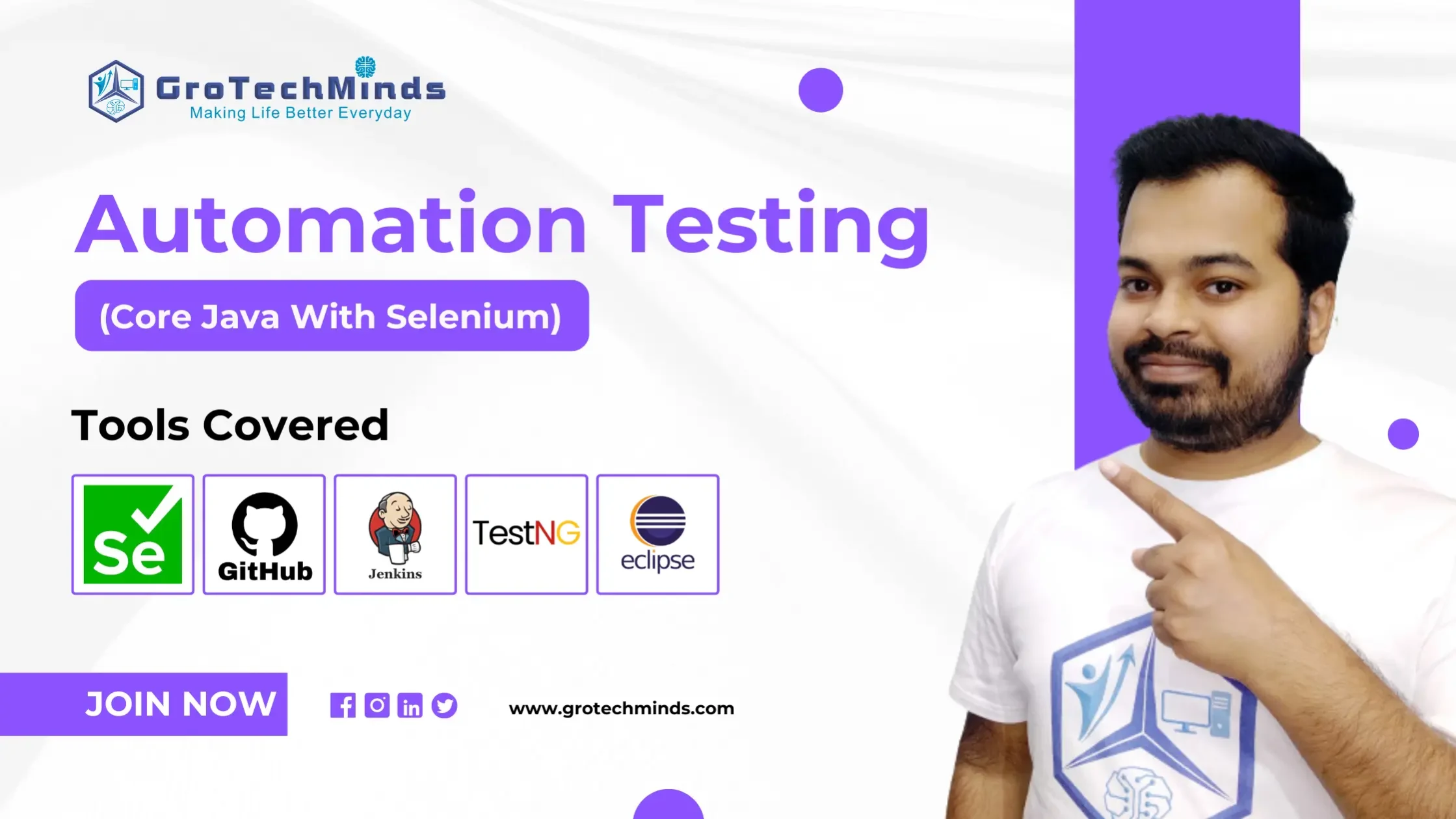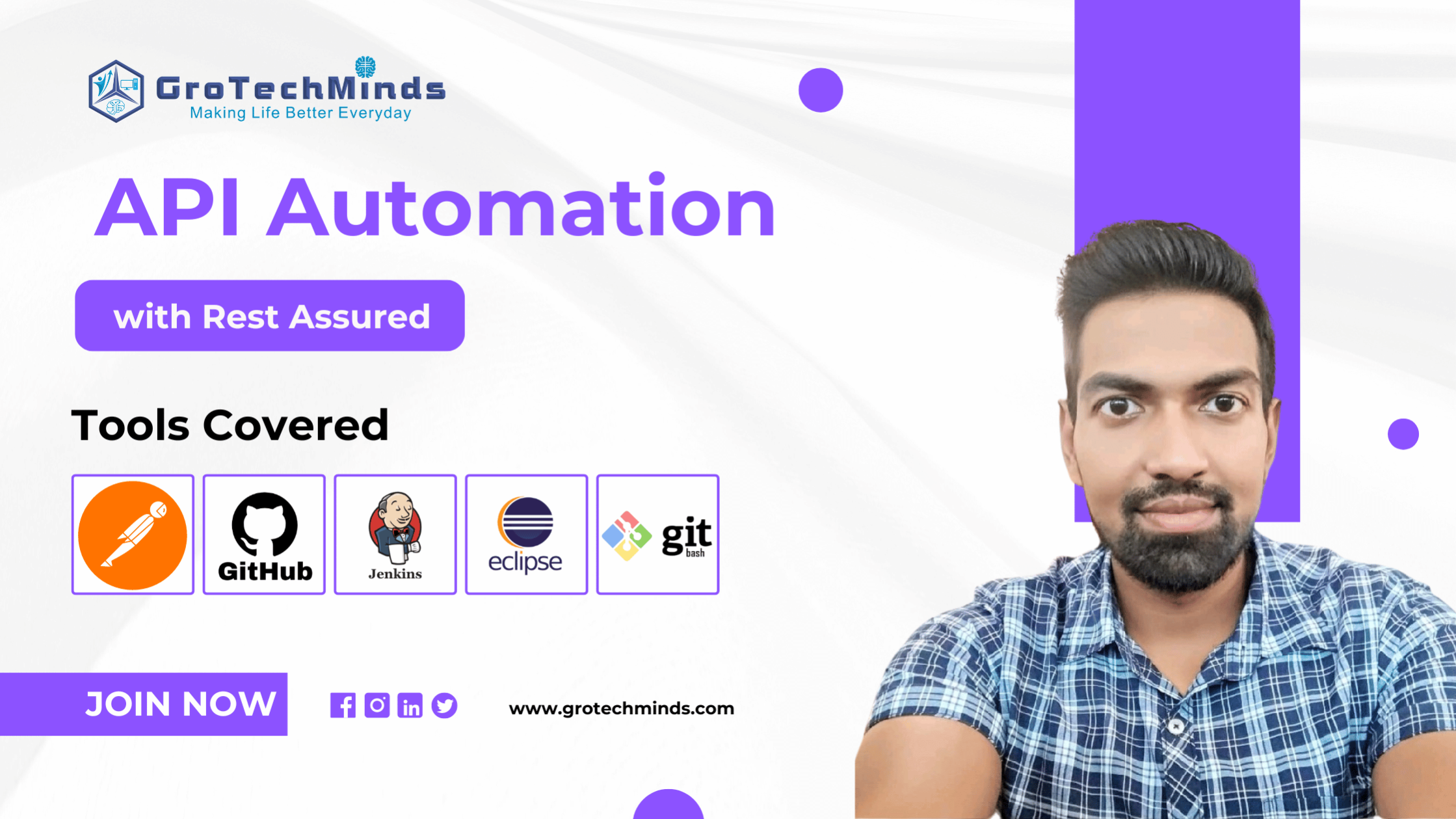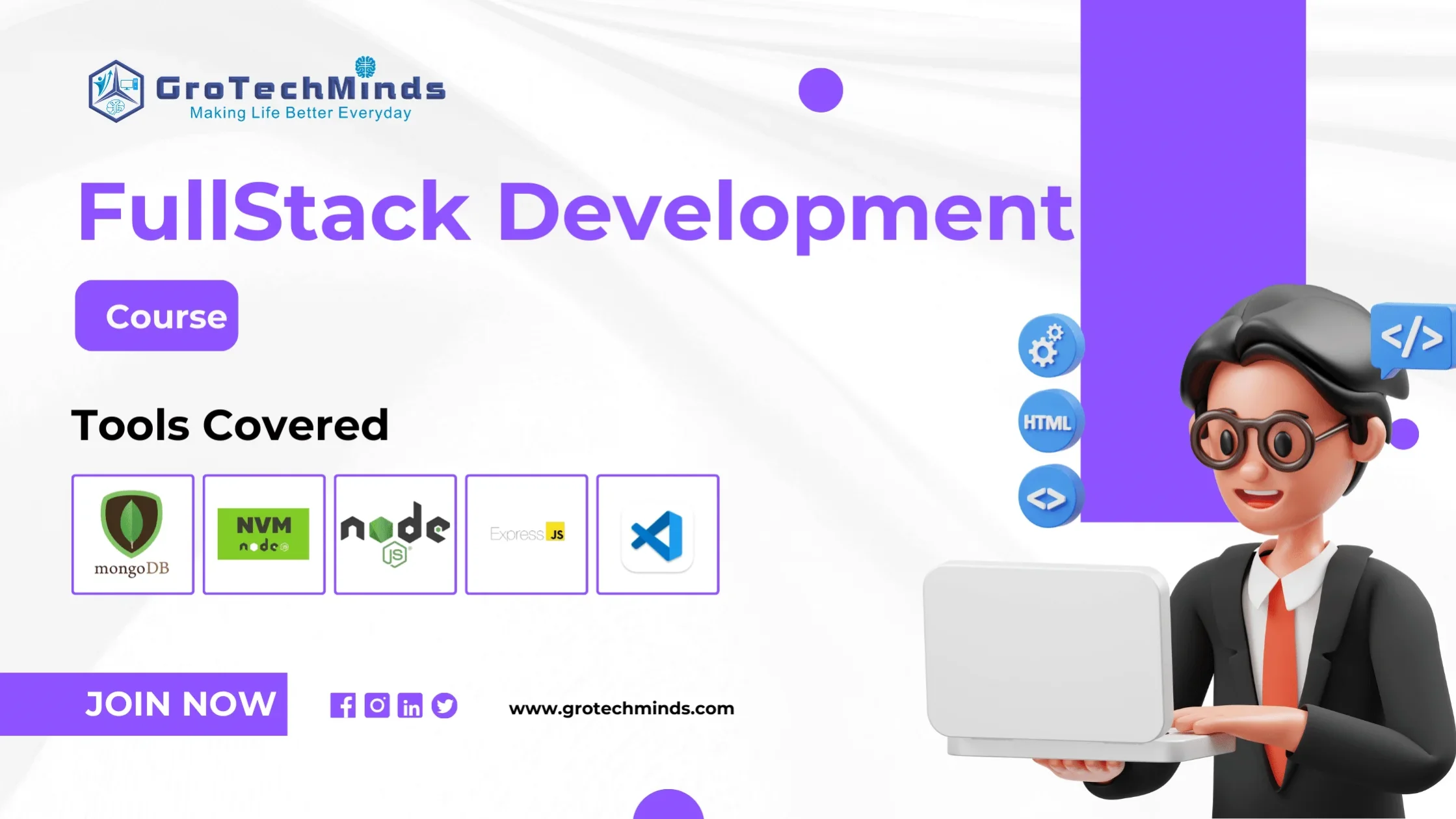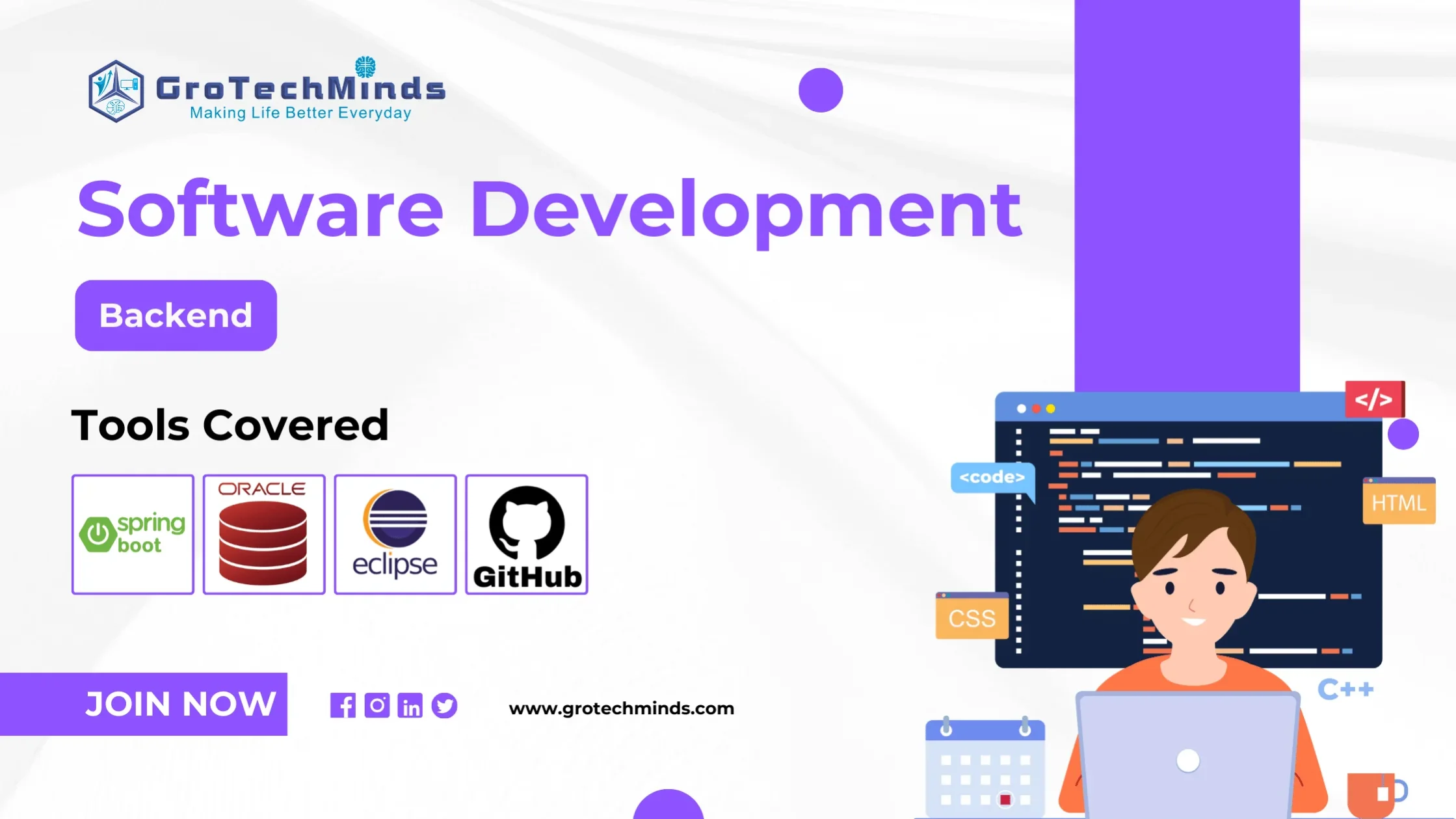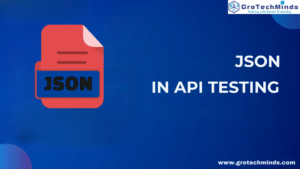
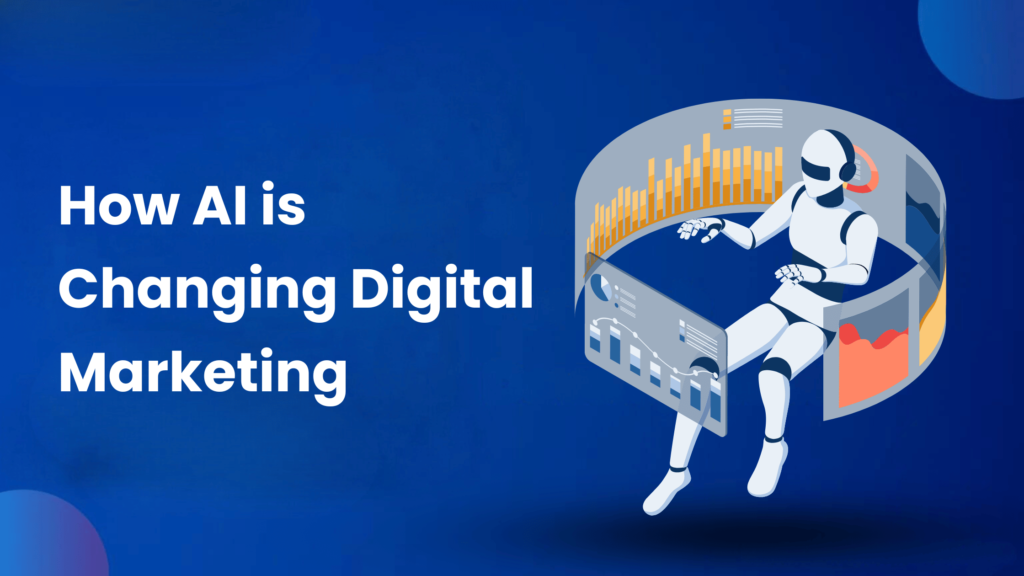
How AI is Changing Digital Marketing
Digital marketing is among the several sectors that artificial intelligence (AI) is transforming. But in what specific ways is AI changing this industry? Let’s explore the amazing ways AI is transforming digital marketing to make it more successful, customized, and efficient than ever.
AI is becoming more than just a catchphrase; it’s an essential part of contemporary digital marketing tactics. AI is redefining how companies engage with their customers in a variety of ways, from real-time campaign optimization to personalized customer experiences. But how precisely is artificial intelligence changing digital marketing?
Understanding AI in Digital Marketing
In digital marketing, artificial intelligence (AI) refers to the use of machine learning algorithms and data analytics for process automation, insight acquisition, and better decision-making. It’s similar to having a very intelligent assistant who is quicker and more accurate than a person at analyzing large volumes of data, seeing patterns, and producing useful insights.
Imagine entering a shop where the salesman is aware of your budget, prior purchases, and preferences. AI helps with digital marketing in this way. AI is able to provide each consumer with a highly customized experience by evaluating user data. Engagement and conversion rates may rise dramatically with this degree of customisation.
Why Personalization Matters
Customization is an absolute need rather than just a nice-to-have. Today’s consumers anticipate that businesses will be aware of their preferences and demands. With the use of artificial intelligence (AI), marketers can now provide individualized product suggestions, pricing, and content, increasing client loyalty and satisfaction.
Having a crystal ball for your company is what predictive analytics is like. AI can forecast patterns and behaviors in the future by examining data from the past. This aids in the decision-making process for marketers as they choose which items to promote, where to spend their resources, and how to best use their methods to have the most effect.
- Maximize Your Targeting: Find the prospective clients most likely to become customers.
- Improved Client Retention: Identify the clients who are most likely to leave and take aggressive measures to keep them around.
- Optimized Marketing Spend: Spend money more wisely by concentrating on initiatives with a large return on investment.
AI and Content Creation
When it comes to digital marketing, content is king, and AI is its capable adviser. By examining what kinds of content work best, AI technologies may assist marketers in producing content that connects with their target audience. AI can compose whole articles and even come up with ideas for blog posts and social media updates. It can even optimize headlines.
- Content Generation: Based on certain inputs, programs such as OpenAI’s GPT may generate content.
- Headline Optimization: Artificial intelligence has the ability to recommend headlines that are more likely to elicit clicks.
- Content Scheduling: AI-powered content scheduling can identify the optimal times to release material to drive the most interaction.
Chatbots driven by AI are revolutionizing customer service by offering round-the-clock, immediate assistance. These virtual assistants are capable of answering frequently asked questions, assisting clients with procedures, and even recommending products. This increases client satisfaction while freeing up human agents to deal with more complicated problems.
- Availability: Provide 24-hour assistance without raising prices.
- Efficiency: Reduce wait times by responding to many requests at once.
- Personalization: Respond in a way that is specific to the needs of the consumer.
AI in Social Media Marketing
Artificial Intelligence is the ideal tool for mining the wealth of consumer information found in social media. AI is capable of analyzing social media data to find sentiment, trends, and patterns of interaction. Marketers may use this data to create social media strategies that are more successful and adapt quickly to shifts in consumer behavior.
- Sentiment analysis: Find out what people think about your goods and brand.
- Trend analysis: spot new trends and seize the opportunity before others do.
- Ad optimization is the process of automatically modifying social media advertising in response to performance information.
Search Engine Optimization (SEO) and AI
AI is improving the effectiveness and efficiency of SEO, which is essential for generating organic traffic. AI technologies are able to spot keyword possibilities, examine search trends, and improve content for higher search engine ranks. This aids companies in staying one step ahead of rivals in the dynamic world of search.
- Use artificial intelligence (AI) to do keyword research to identify less competitive, high-performing keywords.
- Content Optimization: Make sure your writing is interesting, pertinent, and search engine optimized.
- Technical SEO: Find and address any technical problems that could be affecting your results.
AI is changing advertising by increasing its efficiency and targeting. The correct audience is reached at the right moment using programmatic advertising, which leverages AI to purchase and display advertisements in real-time. This lowers wasteful spending and boosts the efficacy of ads.
- Precision targeting: Identify and contact your ideal clients with extreme precision.
- Real-time optimization: Modify campaigns as needed to get optimal results.
- Cost-effectiveness: Spend less and get better outcomes.
AI is making email marketing even more successful, and it’s still a really strong tool. AI may enhance future efforts by optimizing send timings, personalizing email content, and analyzing interaction. Increased open, click-through, and conversion rates result from this.
- Customize email content based on user choices using personalization engines.
- Choose the optimal times to send emails to each recipient by using send time optimization.
- Engagement Analysis: To improve your approach, know what works and what doesn’t.
The main goal of AI is to enhance the client experience. Artificial Intelligence (AI) may assist organizations in creating smooth, pleasurable experiences that entice consumers to return by comprehending their behavior and preferences.
- Personalized Conversations: Customize each conversation to the specific person.
- Proactive Service: Take care of problems before they become complicated.
- Ensure uniformity at all points of contact to provide a consistent experience.
AI and Market Research
AI is improving the accuracy and insight of market research, which is crucial for comprehending your target population. AI is able to deliver in-depth insights into consumer behavior, tastes, and trends by analyzing massive volumes of data from diverse sources.
- Feedback and Surveys: Employ AI to examine feedback and survey results.
- Social listening: Keep an eye on social media to get current perceptions of consumer attitude.
- Competitive Analysis: Recognize the tactics and output of your rivals.
Artificial Intelligence (AI) is revolutionizing digital marketing via automation. Marketing is becoming more successful and efficient thanks to AI-powered automation, which can automate repetitive jobs and optimize complicated processes.
- Campaign Management: Automate marketing campaign planning, execution, and optimization.
- Lead nurturing: Employ AI to follow up with leads and advance them through the sales funnel automatically.
- Analytics and Reporting: Produce comprehensive reports and insights without requiring human labor.
Even though AI has numerous advantages, data privacy is still a worry. In order to fuel AI solutions, marketers must strike a balance between safeguarding client privacy and the need for data. Following data protection laws and maintaining transparency are essential.
- Transparency: Be explicit about how you acquire and handle consumer data.
- Security: Implement robust security measures to safeguard data.
- Compliance: Ensure your operations comply with data protection laws and regulations.
Digital marketing is clearly being transformed by AI, which presents previously unheard-of possibilities for efficacy, efficiency, and personalisation. Businesses may enhance their consumer insights, refine their tactics, and eventually achieve superior outcomes by using artificial intelligence. Remember to practise, stay updated with the latest trends in Digital Marketing Course Certification, and maintain a positive attitude throughout your interview process.It is essential, nonetheless, to weigh these advantages against concerns about data privacy and moral application.
Also read:
By evaluating consumer data to customize content, suggestions, and interactions to individual preferences, artificial intelligence (AI) enhances customization and increases happiness and engagement.
By using past data to forecast future patterns and behaviors, predictive analytics assists marketers in making well-informed choices about resource allocation, retention, and targeting.
AI-driven chatbots boost productivity and customer happiness by offering immediate, round-the-clock assistance, answering frequently asked questions, and assisting users with procedures.
In order to boost ranks and increase organic traffic, AI may assist with SEO by examining search trends, spotting keyword possibilities, and tweaking content.
Concerns about data privacy include the possibility of customer data being misused as well as the need of security, openness, and adherence to data protection laws to safeguard consumer information.
Consult Us

